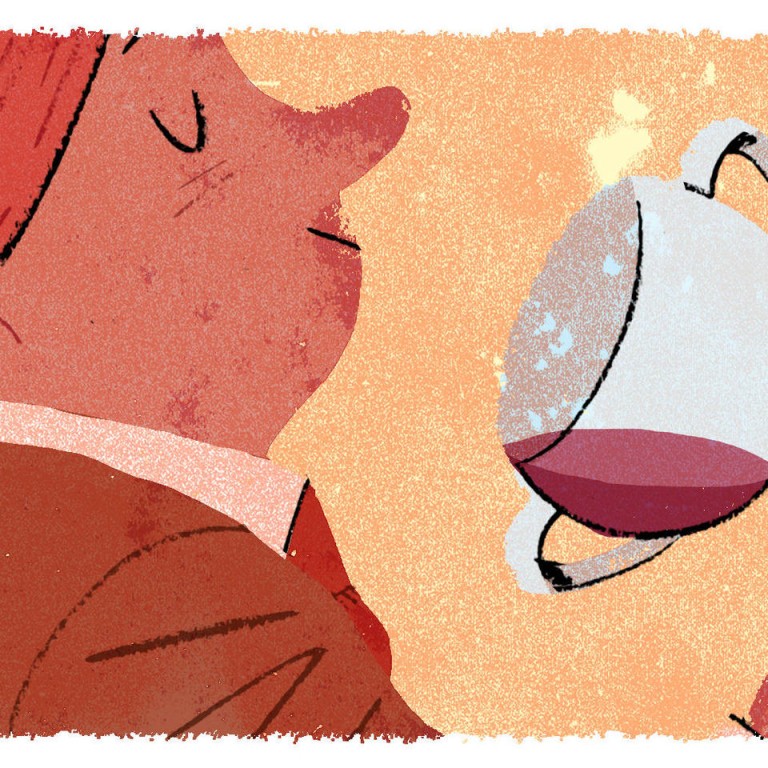
The corkscrew: by a nose
Nellie Ming Lee
I always like to see younger folk appreciating wine. Last month, at the Grand Hyatt, in Wan Chai, I observed the local heat of the Left Bank Bordeaux Cup, held by La Commanderie du Bontemps, which covers the wines of Medoc, Graves, Sauternes and Barsac. Local universities all sent teams of three.
An oral exam was followed by three rounds of blind tastings - a challenge to even the most experienced palates. In the first round, the students had to determine which appellation the wines came from, which wine was the oldest and which of the three was not a classified growth.
The second round didn't get any easier. First, the competitors had to determine the vintage of the wines, then the appellation and the chateau.
The questions in the last round - about sweet wines from Sauternes and Barsac - were very tricky: which was the 2001 vintage? Which was the youngest? And which was not a classified growth? Hard work indeed.
Over the dinner that followed, I was able to chat with the winning team, all of whom were very keen to learn more. I was inundated with questions about how they could improve their tasting techniques. My tips?
First, take a sniff before swirling. This gives you the primary resting nose of the wine. Look at the colour. Sniff a wine three times before you taste it - if you can't smell it, you won't be able to taste it.
Use a spittoon! I noticed that most of the students swallowed everything they tasted, which is not good as the more alcohol consumed, the less one's palate can taste.
For those who get rosy-cheeked with wine, my tip is to have a teaspoon of olive oil before going out. The oil coats the stomach and slows down the absorption of alcohol.
The judging panel was comprised of chateau owners and negociants led by Emmanuel Cruse, of Chateau d'Issan, and by Vincent Cheung, head of the Asian chapter of La Commanderie du Bontemps, who generously offered to sponsor the winning team's trip to France, for the Bordeaux Cup world finals.
The winner? By just one point, it was the Chinese University team, who will go on to compete against teams from Cambridge, Oxford, Yale and Harvard universities.

